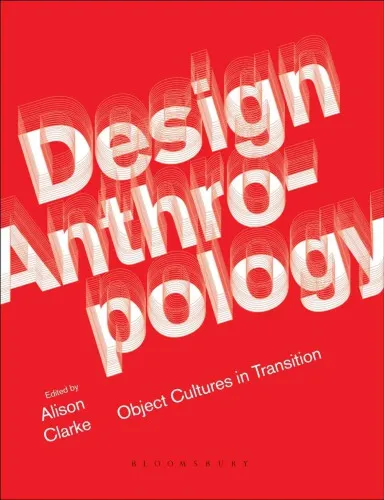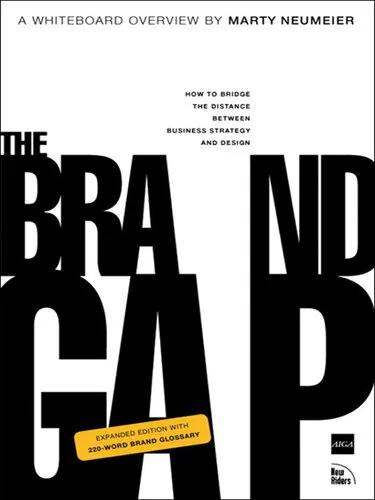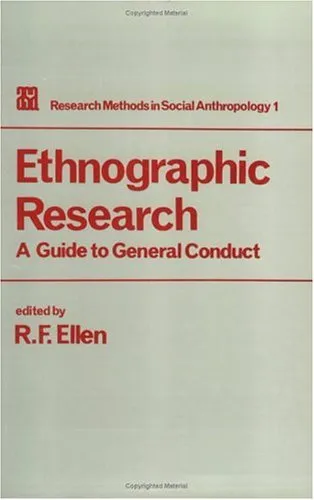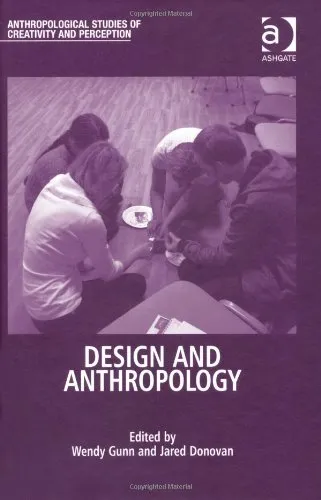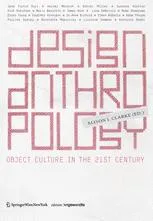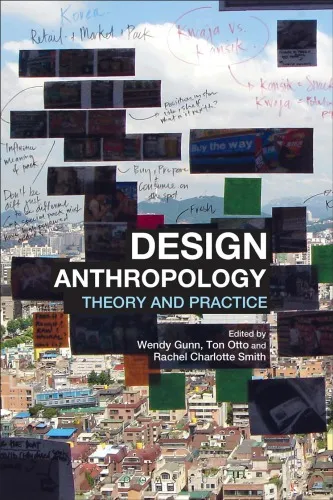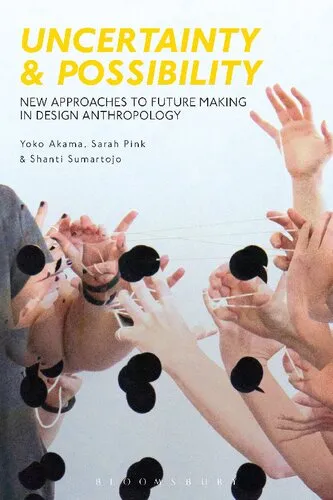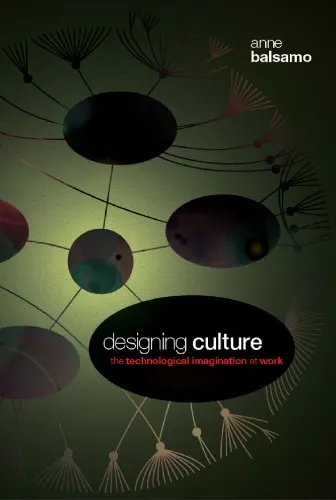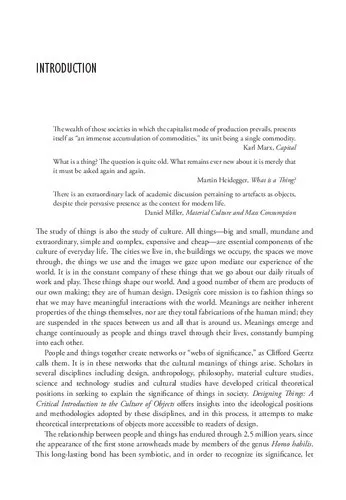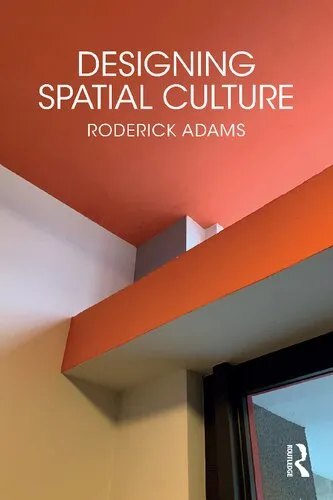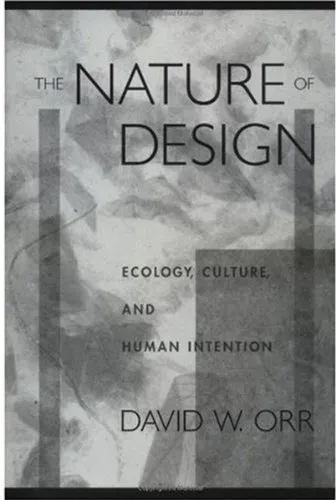Design Anthropology: Object Cultures in Transition
4.5
Reviews from our users

You Can Ask your questions from this book's AI after Login
Each download or ask from book AI costs 2 points. To earn more free points, please visit the Points Guide Page and complete some valuable actions.Related Refrences:
Introduction to "Design Anthropology: Object Cultures in Transition"
"Design Anthropology: Object Cultures in Transition," edited by Alison J. Clarke, is a groundbreaking book that explores the intersection of anthropology, design, and material culture. As objects and social practices evolve at an unprecedented rate in a globalized world, this book examines the cultural and social dimensions of design with a fresh and interdisciplinary approach. Whether you’re a designer, anthropologist, or cultural theorist, this work provides invaluable insights into how designed artifacts and everyday objects shape—and are shaped by—human behavior, values, and societal transformations.
This book serves as a vital resource in understanding the changing dynamics of human-object relationships and the critical role of design in an increasingly interconnected world. Through essays and studies by leading scholars in both anthropology and design, "Design Anthropology" brings to light the ways cultural transitions are navigated and reflected in material cultures. It is as much about storytelling as it is about theoretical inquiry, anchoring itself in the lived experiences of communities and individuals interacting with materiality and design.
Detailed Summary of the Book
The book is divided into several thematic chapters that explore the dynamic crossroads of anthropology and design. Each contribution is a window into a larger conversation about how objects and design processes operate within diverse cultural, political, and economic interfaces. From the analysis of local craft traditions to the impact of global production systems, the essays present a compelling narrative of how material culture adapts, communicates, and transforms within various contexts.
At its core, "Design Anthropology" bridges the theoretical frameworks of anthropology with the applied, future-facing practices of design. Contributors examine case studies ranging from everyday consumer goods to urban planning and architecture, highlighting the reflexive relationship between people and the objects they create, use, and discard. Central themes include sustainability, identity expression through objects, and the ethics of design in creating a better world. The book also emphasizes the temporal aspect of design, shedding light on how objects evolve and gain new meanings over time.
With contributions from experts across various disciplines, the book provides a nuanced discussion of what "design" means in the 21st century, offering both historical perspectives and cutting-edge contemporary insights.
Key Takeaways
- Design is not merely aesthetic—it is a cultural, social, and political practice.
- Objects play a critical role as agents of cultural continuity and change.
- Material culture reflects the dynamic tensions between global and local values in a rapidly evolving world.
- Anthropological methods can enrich design practices, offering deeper insights into user behavior, needs, and values.
- The ethics of design and sustainability are crucial considerations in contemporary design practice.
Famous Quotes From the Book
"Objects are not passive vessels of human intention; they are active participants in shaping lives, relationships, and cultures."
"Design, when viewed anthropologically, becomes less about solving problems and more about navigating the complex webs of human meaning and materiality."
"The artifacts we create are mirrors of who we are and who we aspire to be, reflecting complexities far beyond their functional use."
Why This Book Matters
The significance of "Design Anthropology: Object Cultures in Transition" lies in its ability to bring together two traditionally distinct fields—anthropology and design—and offer a lens through which to view the rapidly changing material world. It provides actionable insights for anyone interested in understanding the broader implications of design, whether they are working on the ground as designers or seeking a theoretical foundation as researchers. By analyzing the relationships between people, objects, and systems, the book helps cultivate a more empathetic and socially responsible approach to design.
At a time when global challenges such as sustainability, inequality, and technological transformation dominate discourse, this book offers a timely contribution to navigate these issues. It challenges the reader to think critically about the objects and environments we interact with daily, making it an influential work for anyone interested in shaping a more thoughtful and ethical future through design.
Free Direct Download
You Can Download this book after Login
Accessing books through legal platforms and public libraries not only supports the rights of authors and publishers but also contributes to the sustainability of reading culture. Before downloading, please take a moment to consider these options.
Find this book on other platforms:
WorldCat helps you find books in libraries worldwide.
See ratings, reviews, and discussions on Goodreads.
Find and buy rare or used books on AbeBooks.
1380
بازدید4.5
امتیاز0
نظر98%
رضایتReviews:
4.5
Based on 0 users review
Questions & Answers
Ask questions about this book or help others by answering
No questions yet. Be the first to ask!
